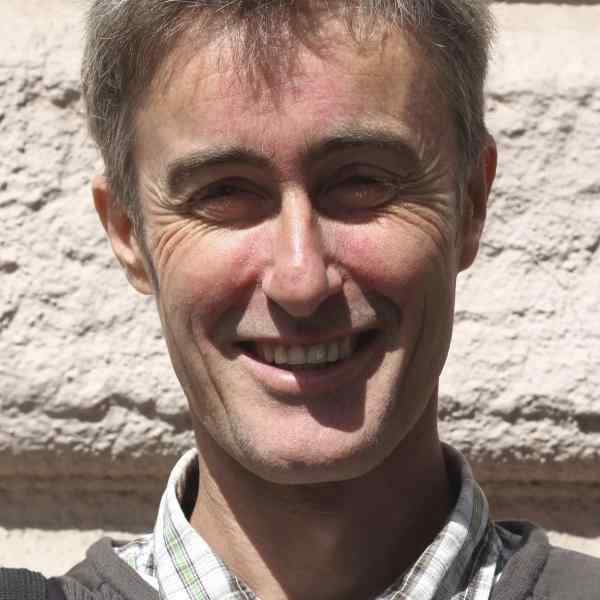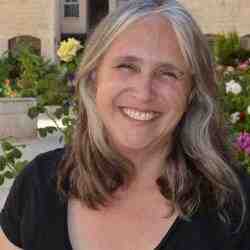Introduction
Gabor Fekete combats the overwhelming presence of apathy, low self esteem, and inadequate job skills among high school students in Hungary through a curriculum integrating topics from career preparation to family and personal relationship issues.
The New Idea
Gabor introduced a curriculum of life management tools into Hungary's public education system, enabling young people to explore a range of nonacademic skills in the school setting for the first time. His program fosters self-esteem, self-knowledge, and critical abilities that rest outside the standard course of study. The program provides training that will help both students and teachers overcome social problems especially pressing in transitional societies in central Europe: high unemployment and suicide rates, discrimination, drugs, and lack of identity. Gabor has creatively approached and convinced schools to participate in his program and is now focusing on making the growing program self-sustainable. He has been successful in building his program into the school curriculum and in raising his subject to a status equal to academic subjects.
The Problem
In Hungary and throughout Central Europe, schools embrace restrictive, didactic teaching methods, inherited from the Prussian and Communist systems. The rejection of Communist ideology, combined with the rapid influx of Western ideals, confuses transition societies. Sociologists cite the resulting lack of values as one of the region's overarching problems. Attempts to reform the system have been few and have targeted alternative education rather than the Hungarian educational system as a whole. To compound the problem, schools suffer from a severe lack of funding. Teachers are underpaid and burnt out due to limited resources and lack of training. They cannot effectively motivate students as individuals and citizens. Countries in transition have a great problem of presenting clear and basic values to students.
The Strategy
From his own experience as a student, Gabor was well aware that programs aimed at fostering self-esteem and preparing students for life after academia were largely absent in Hungarian schools. He designed a thirty-hour life skills education program to augment the state high school curriculum in four principal fields: relationships and self-knowledge, healthy lifestyles and psychology, global views and principles, and ecology and protection of the environment. Students watch films, discuss current events, review printed materials, and play games, all designed to shape them as confident, balanced, and assured individuals ready for active involvement in community development. The course concludes with a final exam and extends throughout the summer in school-sponsored camps.
In designing his program, Gabor did not find existing texts that adequately addressed the issues he wished to highlight. Therefore, in response to the articulated needs of the teachers and students, he compiled the official textbook on life skills development. He has published approximately twenty thousand copies since 1995. Gabor recognized the need to change teachers' attitudes and to provide them with training in new methods and curricula. He worked with the Ministry of Education in Hungary to develop a training program that would fit into the state's accreditation guidelines for the annual courses offered to teachers to enhance their skills inside and outside the classroom. The two-year two-hundred-forty-hour program began in 1998 with twenty-five teachers, grew to thirty the following year, and has steadily increased to now train more than one hundred teachers per year. Gabor has steadily kept pace with the most current and effective education techniques since launching his program nearly a decade ago. In response to the popularity and longevity of multimedia resources, he produced a series of twelve twenty-five-minute films focusing on specific social problems. Students actively participated in the creation of these films, which were distributed to five thousand schools throughout Hungary. The National Television Network has also broadcast the programs and transferred them to compact disc for broad distribution to culture and community centers.
The Person
For Gabor, the teenage years were an unhappy period, marked by self-doubt, lack of support from peers and teachers, and a growing sense of his own inability to handle the pressures of adulthood. He realized that his school education had not equipped him with a range of skills important to developing a clear sense of identity and a vision of life management. Well aware of the constraints under which school systems and teachers operate, he knew that he wanted to change his school rather than criticize it. As his idea for change crystallized, he approached his former school and convinced teachers to listen to his ideas. Gabor is an active member of the Budapest Club's educational group, an organization that brings together scientists, artists, and other professionals. Currently, he helps organize conferences and festivals with the club and uses this affiliation to popularize his programs.




